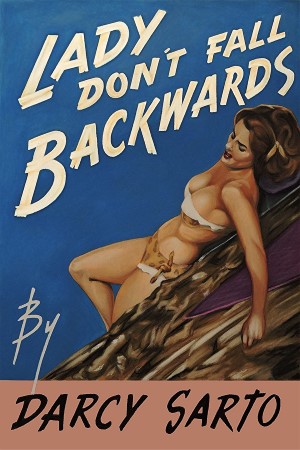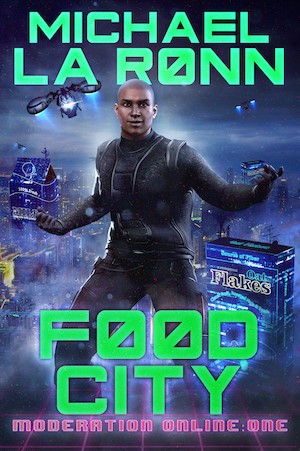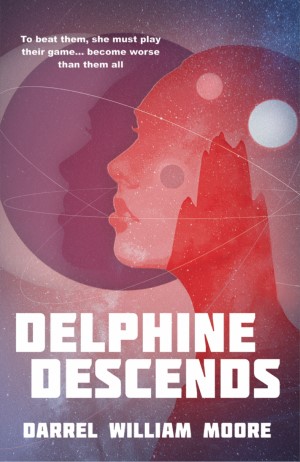Sometimes, the internet turns up things you never expected to find. As a long-time fan of Hancock’s Half Hour, I’d loved the episode “The Missing Page” since childhood. I could remember Tony Hancock and Sid James getting “Lady Don’t Fall Backwards” out of the library and becoming fixated on trying to work out who the murderer was after finding out that some inconsiderate lout had ripped out the last page. Lady Don’t Fall Backwards. What a brilliant name! It was just the perfect title for 1950s pulp detective fiction that it stuck in my head all these years, so you can imagine my surprise when I found that Darcy Sarto’s fictional fiction actually existed!
Now, I can’t honestly say why I was searching for a book that doesn’t – or, at least, I thought didn’t – exist. What I can say is that I absolutely had to order a copy right away. Before I could do so, though, I had to find my copies of Charles Bearsted’s Complete history of the Holy Byzantine Empire, Plato’s Republic, a complete translation of Homer’s Iliad and Ulbrich’s Roman Law (the Wilkinson Edition, of course) - my computer is so high up, I need to stand on them to reach it.

As soon as it arrived, Lady Don’t Fall Backwards by "Darcy Sarto" became a precious relic – like possessing a bit of Hancock's Half Hour itself. I can see how people can become obsessed by memorabilia! Before I started reading, I was curious to find out a little more.
The book itself was published in 2013 by Skerratt Media, following permission from scriptwriters Alan Simpson and Ray Galton, and the BBC. The website was coy about the true identity of Mr Darcy Sarto. However, I did find out that Simpson and Galton had got the name by combining Darcy Glinto and Ben Sarto, the former the pen name of Harold Ernest Kelly and the latter a house name for Milestone Publications “Men’s Own Library.” Interestingly, the former had written a 1950 detective thriller called Lady Don’t Turn Over (personally, I like Lady Don’t Fall Backwards better).
If you’re a fan of the Johnny Oxford series, you'll know the gig. You'll know that he always draws the suspects together in his flat, plies them with drink and lights a cigarette before revealing who did it. You'll also know that the criminal always rushes to the window and throws themselves to the pavement below. Most of all, you'll know the story always ends with Johnny finishing his Manhattan and telling the reader, “New York is now a cleaner place to live in.” However, for those of you who are new to the Johnny Oxford series (or realise this is the sort of series to read when searching for the Loch Ness monster), here’s a quick teaser.
Starting with U.N.O. typist Jocelyn Knockersbury, strangled with her own nylon stocking, a mysterious killer leaves a trail of destruction in New York City. Twenty six rich, beautiful women are found dead – every one falling for the handsome private eye Johnny Oxford before meeting their untimely demise. The D.A. has been to see the governor, due to the sensitive political nature of the deaths – the killer has escaped with the plans and seating arrangement for the peace conference – but the police have no idea what’s going on. Only the cool Johnny Oxford, with his white 47 Buick, can figure it out.
Judging a book like this as a book is difficult. The characters, details and plot points – not to mention the sheer number of murders – were part of the joke, so constructing a story that works as fiction while remaining true to the TV show is a difficult challenge. Talk about real life imitating fiction!
The good news is that “Darcy Sarto” does a great job. Lady Don’t Fall Backwards conveys the feel of 1950s pulp fiction and has everything from the TV episode, bar the library users fighting over the last copy of Lolita. The humour works and the story reads well for the ludicrous number of deaths the author was forced to include. Plus, it has all the bits one would expect, including a stamp from East Cheam Public Library, the advert for skinny men and the publisher's note. How pleasing it was to read that Freda Volkinski “had been asleep in her pull-down bed when someone had pressed the button and she’d flown up against the wall and suffocated.” Best of all, I could imagine that this was what Hancock and James had been reading when they’d been puzzling out whodunnit.
Which brings this review neatly to the one thing we’ve all be dying to know: who on earth did it? Well, good news, my friends. Being the sort of person who looks at the next card when playing snap, I turned straight to the last page and can finally reveal that:
The room was now silent, hanging on Oxford’s every word. He looked around, drawing breath into his lungs. “So Inspector you can see the only person who could have done all these murders is the man sitting over there.”
So saying, Johnny Oxford pointed his finger at
“Men! Are you skinny? Do have sand kicked in your face?”
Needless to say, Lady Don't Fall Backwards is a must-have for the Hancock enthusiast. Now, having finished my Manhattan, I’m off to put Schubert’s Unfinished Symphony on the gramophone and track down that copy of The Stranglers of Bolton by Grant Peabody….
Verdict 4/5


